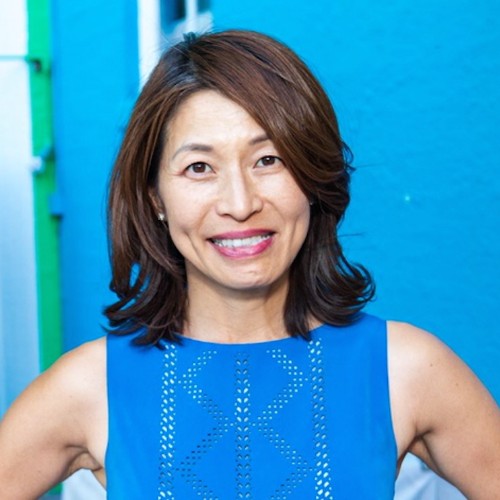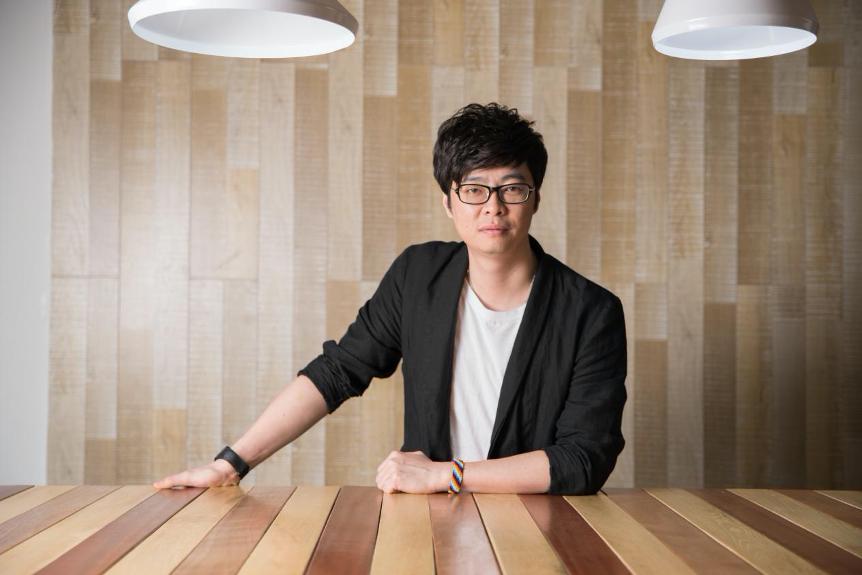SparkLabs Korea, a Seoul-based seed to early-stage accelerator, held a demo Day on Thursday for its 19th cohort of companies. The latest demo day marks its tenth year after SparkLabs launched its accelerator program in December 2012. The accelerator has backed more than 270 startups since its inception in 2012, co-founder and partner of SparkLabs Eugene Kim told TechCrunch.
The program has two cohorts a year — one starting in January and the other in June — Kim said, adding that the program is 16 weeks long.
SparkLabs admits 10 to 15 companies per cohort and invests up to $100,000 into each startup in exchange for 6% equity. Kim noted that the investment is made either with a SAFE (simple agreement for future equity) or stock purchase agreement — a decision that is up to the startup to make.
During its program, SparkLabs provides funding, mentorship and access to administrative and legal advisory support for startups. In addition, participating startups get co-working space, will attend weekly classes and have access to four to six mentors who have expertise in various industries, not just in South Korea but global regions.
SparkLabs, a member of the global accelerator network (GAN), has been using international best practices for accelerators from the beginning, Kim said. He added that its partners and mentors are all former entrepreneurs and have global business experience in both the U.S. and Asia.
The accelerator also operates other government-supported programs like TIPS, a tech incubator program for startups in South Korea, and manages later-stage investment funds, Kim noted.
SparkLabs began in Korea to find and help local Korean startups in their seed stage and help them go global. Though the majority are based in Korea, the accelerator gets applicants from other countries looking or planning to enter Korea or Asia, according to Kim.
When asked if SparkLabs Korea is a subsidiary of SparkLabs Group, Kim said it’s not a group structure. Each accelerator entity, such as SparkLabs Korea, SparkLabs Taiwan and SparkLabs Cultiv8, is a separate entity with its own accelerator fund.
Kim said in an interview with TechCrunch that as the program focuses on early-stage seed startups, some teams pivot or change their business focus as they try to find product market fit (PMF).
“Not all teams end up pitching at demo day. If the teams feel they want to focus on building their traction or PMF, they can choose to pitch at a later demo day,” Kim said.
Here’s the list of nine companies in the most recent cohort at SparkLabs. The 19th cohort ends with a demo day on November 3.
- Vetflux: A telehealth veterinary platform that provides an artificial intelligence-based chatbot for vet clinics and pet owners. It offers two apps connecting vets with their pet patients. The Vetflux app is for pet owners to get the latest information about pet care, while the other, called Vetflux +, is for vets to organize workflows.
- Amondycare: Amondycare’s app lets mental health therapists manage their workflows and administrative work from patient appointments to sales.
- YKring: A social app, Kevin’s Club, helps college students make the most of their college life outside the library or dorms. YKring says it enables users to find out what’s going on in the community to find clubs or a group of people with similar interests to do activities together. YKring, which launched its service in January, claims that it has more than 2,500 users with $35,000 in sales as of October 2022. Its monthly subscription fee is ~$20.
- DataBean: This startup develops a cooling system for data centers. Its service SmartBox allows for thermal management.
- Fasket: Fasket is a quick commerce startup that operates an instant grocery delivery business in South Korea.
- Gyverse: Gyverse develops a fridge for dry-aged meat using IoT and AI. Users can dry age beef at home by interconnecting Gyverse’s smart devices to its app to monitor the temperature and humidity.
- Moverse: A 3D motion marketplace that allows users to access and buy 3D motion data sources for the use of metaverse, games, movies, animation and augmented reality.
- R-Materials: R-Material’s platform, called the Hybrid-generator system, enables solar and wind to convert power sources.
- MyShop Cloud: An online to offline (O2O) platform that wants to digitize the value chain of dried fish, from wholesale to the retail market. Its service Dasiwoorida, which analyzes the dried fish price and transactions, recommends products for customers.
SparkLabs is currently open to applications for its 20th batch program until November 11. The accelerator will finalize its selections in December and looks to start the 20th batch in January.
South Korea, which attracts the third largest amount of venture capital funding in Asia — about $6.45 billion annually — following China and India, currently has 16 unicorns to date.
Meet Seoul-based accelerator SparkLabs’ 19th batch of startups by Kate Park originally published on TechCrunch






